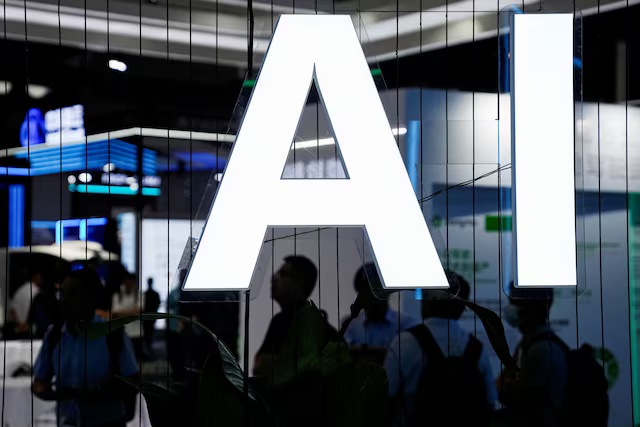Getty Images opened its landmark copyright lawsuit against artificial intelligence company Stability AI at London’s High Court this week, arguing that its legal action does not threaten the generative AI sector but rather defends intellectual property rights.
The US-based visual content provider, which licenses millions of photographs and videos globally, accuses Stability AI of unlawfully using its copyrighted images to train the Stable Diffusion image-generation model. Getty claims that millions of its images were scraped from its websites without permission or compensation, some still bearing visible watermarks in generated outputs.
The case is being closely watched in both legal and technology circles, given its potential impact on the boundaries of copyright protection in the age of artificial intelligence. It is one of several lawsuits globally targeting AI companies over their use of copyrighted material to train generative models.
Stability AI, which has raised substantial funding and counts major companies like WPP among its backers, denies any infringement. The company argues the lawsuit is not just about copyright but represents a broader threat to innovation and the development of AI technologies. In court submissions, Stability’s legal team described Getty’s claims as “an overt threat” to its business and to the generative AI industry at large.
A spokesperson for Stability AI emphasized the company’s commitment to responsible AI development and freedom of expression, stating that its tools enable artists to create based on collective human knowledge — a principle they say is central to fair use.
In contrast, Getty’s lawyers argued that the case is not about opposing AI, but about ensuring that existing laws are respected.
“It is not a battle between creatives and technology, where a win for Getty Images means the end of AI,” said Lindsay Lane KC, representing Getty.
She added that creative works and AI can coexist, but that using such works without permission or payment undermines that balance.
The trial also included allegations from Getty that some of the datasets used in training Stable Diffusion may have included inappropriate or illegal content, though Stability has firmly denied these claims and stated it has implemented safety measures to prevent misuse.
The legal proceedings involve more than 78,000 pages of evidence and testimony from AI experts. Notable photographers whose work is cited in the case include Andrew Livesey and Gregory Shamus, with images ranging from sports and entertainment to major news events.
Legal experts say the outcome could set precedent in the UK and potentially influence international policy on AI and copyright. Rebecca Newman, a lawyer unaffiliated with the case, described the litigation as “pivotal in setting the boundaries of the monopoly granted by UK copyright in the age of AI.”
The case comes amid wider debates in creative and political circles about the rights of content creators in the face of emerging AI tools. Musicians, authors, and visual artists — including Elton John and Dua Lipa — have called for stronger protections against unlicensed use of their work in AI training datasets.
Reuters, the Guardian, and the Independent contributed to this report.










The latest news in your social feeds
Subscribe to our social media platforms to stay tuned